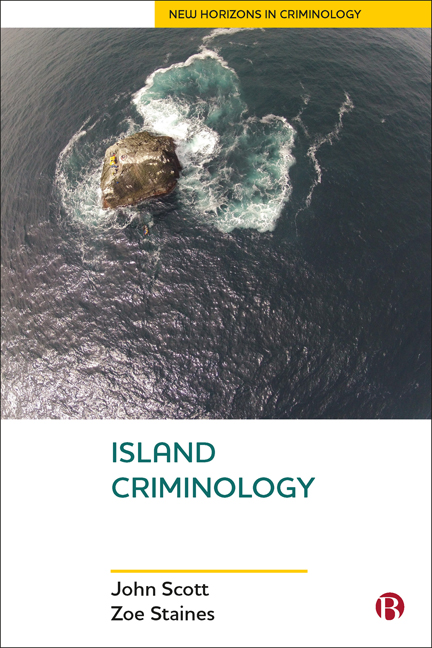7 - Industry
Published online by Cambridge University Press: 17 January 2024
Summary
While islands may be used for negative, hidden activities such as imprisonment, they are also sites utilized for development, investment, profit and ‘dream making’.
(Mountz, 2015, p 642)In Chapter 3, we discussed the importance of island borders in defining who is in and out. As we noted there, however, and notwithstanding the concomitant rise of certain immobilities, globalization has seen the transcendence and shifting of borders, primarily in the interest of forging a transnational (relatively) borderless capitalist economy. This has roots in second-wave colonialism (see Chapter 4), which saw colonial powers utilizing global sea travel to conquer and extract value from faraway colonies. This current chapter builds on these and several other themes introduced in preceding sections of the book, including the role of islands in colonial and neo-colonial enterprise. We focus on the extraction of natural and human resources as part of the economic ‘development’ of small islands, spurred by colonial and commercial interests. Drawing on green criminology and its broadening of ‘crime’ to include harm to both people and environment (Shearing, 2015), we explore the cases of Nauru and Bougainville islands in the Pacific, which illustrate the role of ‘extractivism’ (Klein, 2015) in increasing the vulnerability of islands, damaging health and environment, causing instability and conflict, contributing to global climate change, and leaving many islands uninhabitable and economically dependent.
We interpret the impacts of extractivism in these two cases through a critical lens, returning to our earlier arguments about how colonialism socially constructs crime in the image of undesirable Others (for example, by criminalizing political resistance), while the crimes of the powerful (for example, corporations, governments) are ignored (Pearce, 1976). In regard of the latter, the case of Nauru enables us to extend our earlier arguments about islands as exceptional spaces within (neo-)colonial relations: faraway, isolated and ‘ambiguous zone[s] ‘ where legality is indistinct and accountability opaque (Agamben, 2005, p 2). This is evident in the devastation caused by phosphate mining on the island for most of the 20th century, as well as the more recent transition to an alternative extractivist industry with the commodification of asylum seekers now becoming Nauru's main industrial enterprise (Morris, 2019).
- Type
- Chapter
- Information
- Island Criminology , pp. 111 - 128Publisher: Bristol University PressPrint publication year: 2023

